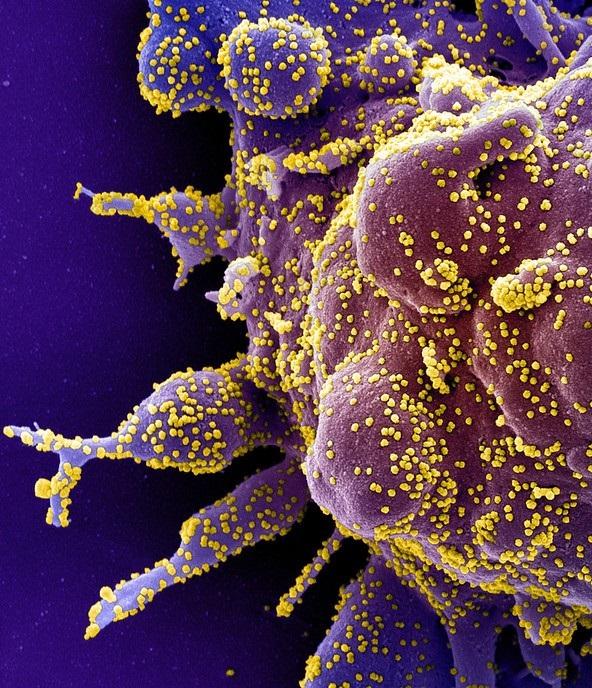The subvariant of the Omicron strain—BA.2—now accounts for 72.2% of all COVID-19 cases in the United States, according to the Centers for Disease Control and Prevention (CDC).
"There is no evidence BA.2 results in more severe illness, and it is no more likely to evade immune protection," said Rochelle Walensky, MD, MPH, during a White House press briefing. "But the subvariant is more transmissible."
Experts are waiting to see if BA.2 will cause a surge of cases or a less dramatic increase in the coming weeks, as all regions in the United States now report BA.2 as the dominant strain. But Walensky expressed cautious optimism that high community levels of vaccination and previous infection would offer immune protection.
The 7-day daily average of new US cases if 25,000 cases per day, Walensky said, a 4% decrease from the previous week. That number has remained relatively stable for the past several weeks, she said.
Hospitalizations have declined 17%, to 1,400 per day, and deaths have decreased 16%, to just 570 per day.
The CDC COVID Data Tracker shows that 65.6% of Americans are fully vaccinated against COVID-19, 77% have received at least one dose of vaccine, and 45% of fully vaccinated Americans have received a booster dose.
White House calls funding package a start
Also today at the White House press briefing, pandemic response coordinator Jeff Zients called a $10 billion funding package agreed upon by lawmakers only "a start" when it comes to what America needs to continue fighting the pandemic.
The Associated Press reports that the Senate bill is less than half of what was requested by the Biden administration and does not include any money for foreign COVID-19 aid. The Senate could vote on the bill later this week.
"It's a real disappointment there is no global funding in the bill," Zients said. "The virus knows no borders, and we won't have resources to get more shots in arms in countries that need them."
Zients added that, without global funding, the United States will lack the ability to engage in genomic sequencing, which is vital to detect new variants.
"The bill is a start and should pass immediately; but it's exactly that, just a start," he said.




















